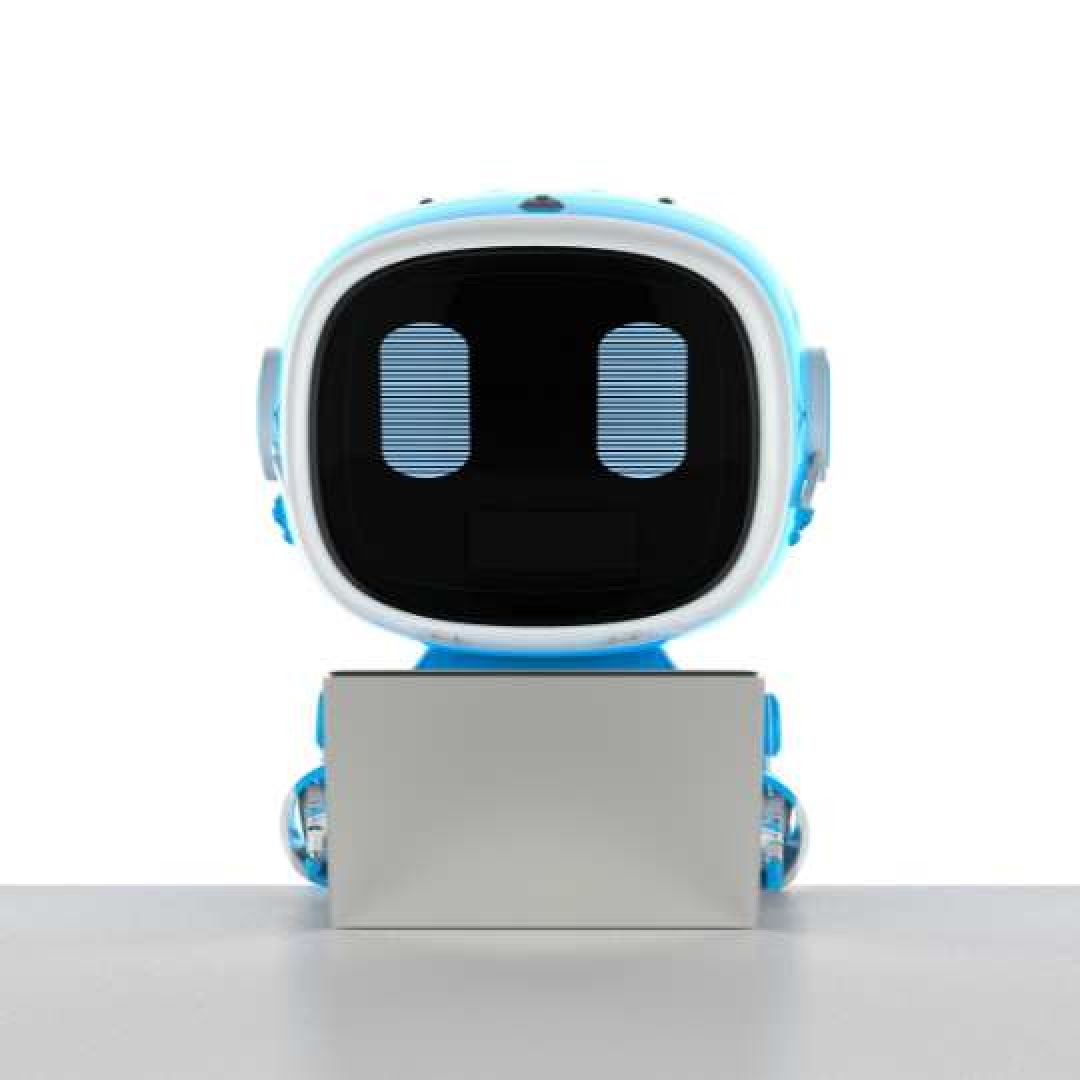The Importance of Recognizing and Managing Generational Differences
In modern workplaces, it is common to encounter situations where different generations work together. These generations—Baby Boomers, Gen X, Gen Y, and Gen Z—often possess different values, work methods, and communication styles, which can lead to conflicts. For effective workplace collaboration, it is essential to recognize and manage these generational differences.
By consciously managing generational differences, organizations can foster better understanding and communication between employees. When leaders and team members can recognize and appreciate each other’s differing perspectives, they can collaborate more effectively to achieve common goals. Additionally, the diverse experiences and viewpoints of various generations can contribute significantly to creativity and innovation.
How Recognizing Generational Differences Impacts Corporate Performance
Recognizing and effectively managing generational differences can have a significant impact on corporate performance. When employees from different generations can collaborate effectively, new ideas and approaches can enhance the company’s innovation capacity. The merging of different viewpoints and experiences often leads to creative solutions that increase competitiveness.
Properly managing generational diversity can also boost employee engagement. When employees feel that their experience is valued and their perspectives are respected, they are more motivated and productive. On the other hand, generational conflicts can negatively affect the work environment and productivity.
Resolving Intergenerational Conflicts to Improve Workplace Culture
Properly handling intergenerational conflicts is key to building a positive workplace culture. Tension between generations can not only damage productivity but also reduce employee satisfaction and commitment. Therefore, it’s important for leaders and employees to learn how to manage intergenerational differences effectively.
Open and respectful communication is one of the best tools for resolving intergenerational conflicts. Regular meetings, workshops, and training sessions can help employees understand each other’s viewpoints and collaboratively find solutions to problems. Additionally, empathy and a flexible approach can also contribute to reducing intergenerational conflicts.
The Positive Impact of Generational Differences in Coaching
Generational differences can be a valuable tool in the coaching process for workplace development. Coaching allows members from different generations to understand each other’s viewpoints and work together for mutual development. Younger generations can learn from the experience of older colleagues, while older employees can gain fresh perspectives and new ideas from younger employees.
Through coaching, collaboration between generations can strengthen teamwork and improve the work environment. By positively leveraging generational differences, companies can develop a more productive workplace culture and achieve their corporate goals more effectively. Learning from one another and sharing experiences strengthens unity and leads to more successful work performance.
5 Tips for Managing Generational Differences in the Workplace
- Open Communication: Ensure regular dialogue opportunities for all generations.
- Develop Empathy: Support understanding and acceptance among employees.
- Conflict Resolution Training: Help team members resolve disagreements effectively.
- Mentorship Programs: Bring together different generations for knowledge sharing.
- Support Flexible Working Practices: Implement solutions that cater to the different needs of each generation.
Summary
Generational differences have a significant impact on workplace culture. When members of different generations can understand and respect one another, it increases creativity, improves the work environment, and contributes to achieving corporate goals.
Stalled in Your Company’s Growth?
Check out our organizational development, sales, and business management solutions, or if you want to learn more about how we work, read our case studies or follow our LinkedIn page. To get to know us better, meet our experts and team members!
Don’t know us yet? Sign up for a free consultation now!
 Texty Ai
Texty Ai